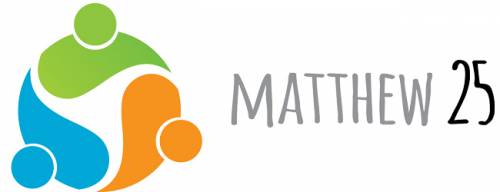Social media video challenges stereotypical assumptions
by Melody K. Smith | Presbyterian News Service
LOUISVILLE — You may be startled to learn that 25% of children under 6 now live in poverty, nearly 23% of the American population can’t afford a medication they need and 17 out of every 10,000 people in the United States were experiencing homelessness on a single night. The Presbyterian Mission Agency has created a short video designed to raise awareness of the systemic poverty facing people in all walks of life, especially with the additional impact of the pandemic. The video is available to download and share across social media and websites.
The 30-second video addresses and challenges the stereotypical assumptions that people in poverty are other people, not the people they work with and interact with on a daily basis — or that through just a few acts out of their control, could actually be them. Systemic poverty refers to the economic exploitation of people who are poor through laws, policies, practices and systems that perpetuate their impoverished status.
Poverty is complex and overlaps with many other social ills and oppressive structures in our society.

“Matthew 25 informs us that the center of ministry is with those who sit on the margins of society — people who are hungry, thirsty, naked, sick, imprisoned, poor or oppressed in other ways and in need of welcome,” said the Rev. Dr. Diane Moffett, president and executive director of the Presbyterian Mission Agency. “We encounter Jesus in the face of the oppressed. As we serve them, we serve Jesus, demonstrating God’s love and justice in society.”
Matthew 25:31–46 calls all of us to actively engage in the world around us, so our faith comes alive and we wake up to new possibilities. Convicted by this Scripture passage, both the 222nd and 223rd General Assemblies (2016 and 2018) exhorted the Presbyterian Church (U.S.A.) to act boldly and compassionately to serve people who are hungry, oppressed, imprisoned or poor.
![]() You may freely reuse and distribute this article in its entirety for non-commercial purposes in any medium. Please include author attribution, photography credits, and a link to the original article. This work is licensed under a Creative Commons Attribution-NonCommercial-NoDeratives 4.0 International License.
You may freely reuse and distribute this article in its entirety for non-commercial purposes in any medium. Please include author attribution, photography credits, and a link to the original article. This work is licensed under a Creative Commons Attribution-NonCommercial-NoDeratives 4.0 International License.